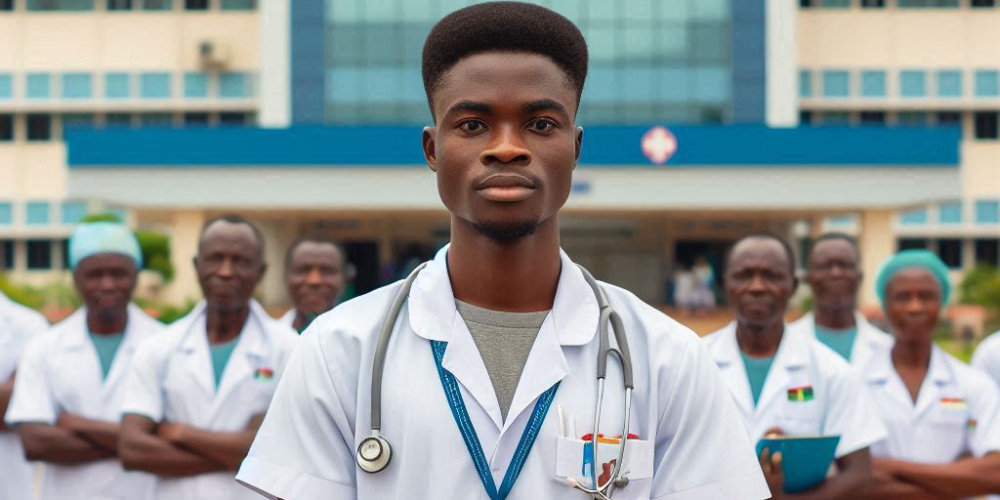Health sector workers and institutions will benefit from enhanced infrastructure, better working conditions, and the integration of advanced technology into healthcare delivery. Hospitals and clinics will be upgraded with modern equipment and digital health systems, improving the efficiency of patient care and reducing administrative burdens. Health workers will have access to continuous training and professional development programs, enabling them to keep up with the latest medical advancements and improve service delivery. Furthermore, the focus on expanding healthcare access in underserved areas will alleviate the workload in overcrowded urban centers, while improved compensation and incentive packages will boost morale and retention of healthcare professionals. This vision promises a more resilient, well-equipped health system that ensures quality care for all citizens.
Top 5 Frequently Asked Questions
Question 1: What plans are in place to expand healthcare infrastructure beyond Agenda 111?
Answer: In addition to the Agenda 111 hospitals, the government plans to continue expanding healthcare infrastructure by building regional hospitals, specialist centers, and upgrading existing healthcare facilities. These investments are part of a broader effort to modernize the healthcare system, increase the capacity of health institutions, and ensure that more specialized services, such as oncology and cardiology, are available across the country.
Question 2: How will the recruitment of more healthcare professionals address the current healthcare challenges in Ghana?
Answer: Recruiting more healthcare professionals aims to address the shortage of doctors, nurses, and specialists in Ghana’s healthcare system. This policy seeks to reduce patient-to-doctor ratios, ensure service availability across regions, and improve overall care quality. Additionally, scholarships for specialist training will help develop expertise in critical fields like surgery, oncology, and pediatrics.
Question 3: How will the digitization of public healthcare institutions improve the healthcare system?
Answer: The E-health project aims to digitize public healthcare institutions, streamlining patient records and improving service delivery while reducing errors. It enables real-time access to patient information for healthcare workers, enhances diagnostic accuracy, improves medical supply management, reduces paperwork, and fosters better coordination between institutions, ultimately enhancing care quality.
Question 4: What specific measures will be taken to improve care for elderly citizens in Ghana?
Answer: Bawumia’s policy includes promoting geriatric care and establishing training programs for elder care to address the unique health challenges faced by elderly citizens. This initiative will equip healthcare professionals with the skills needed to provide specialized care for older patients, ensuring they receive appropriate, compassionate treatment as the elderly population grows.
Question 5: What investments will be made to support medical education in Ghana?
Answer: The government plans to increase infrastructure and resources for medical schools, enabling more students to pursue medical studies. This includes expanding medical facilities, providing modern equipment, and offering more scholarships for medical students. By investing in the education of healthcare professionals, the policy aims to address the shortage of doctors and specialists in Ghana





